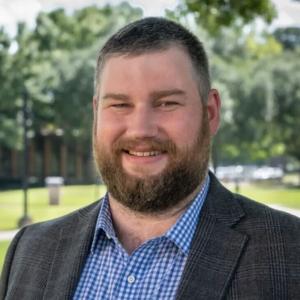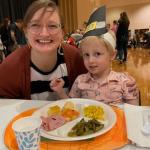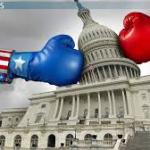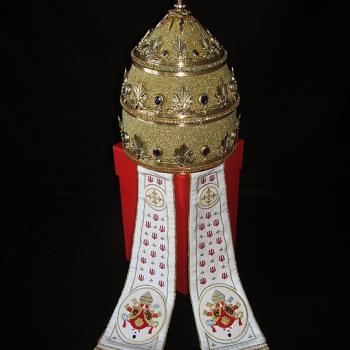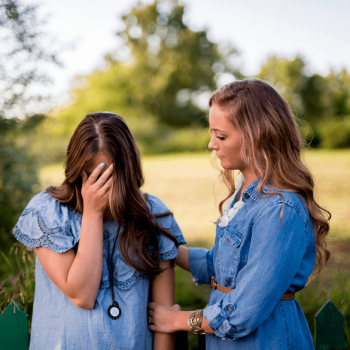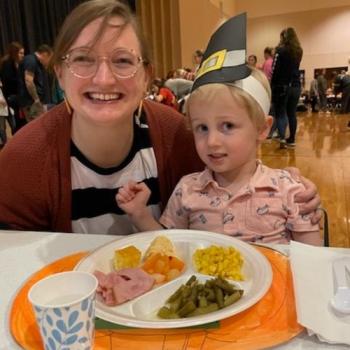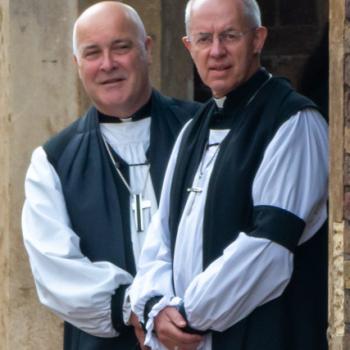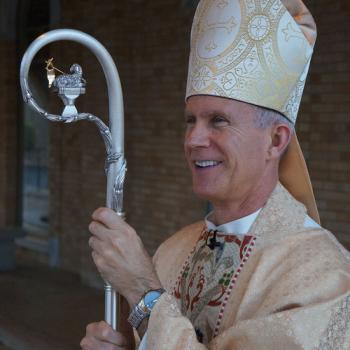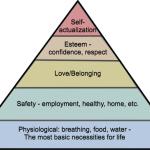I want to welcome you to my new column, The Postsecular West. My name is Tom Whittaker, and I teach history at LeTourneau University in Longview, Texas, about two hours east of Dallas. The title of the blog is a reflection of my aspiration here: to explore and think seriously about the place of religion, especially Christianity, in our modern world.
In much of the West, secularization has turned the Christian church from a dominant force into a moribund institution. Yet in the wake of this decline, scholars and policymakers have begun to realize that religion is not as dead as was once believed. Religious entrepreneurs, cross-cultural missionaries, and immigrants have all demonstrated the possibility of renewal in even the most post-Christian societies.
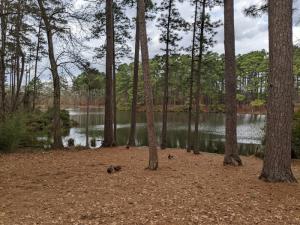
The title is slightly ironic because in many ways East Texas is not a particularly postsecular place. It was never secular in the first place. Gregg County, where I live, is ranked in the top 100 counties in the United States for religious membership (86.44% of residents are claimed by a religious body, according to the 2020 U.S. Religion Census), although this is surely an overcount (nearby, more rural counties like Rusk and Upshur have far lower numbers, suggesting that the Gregg County numbers include quite a few church commuters from nearby counties).
From the East Coast to East Texas
I moved here with my wife and kids from the Boston area, where I completed a PhD in American religious history at Harvard. Before that, I was at the University of Chicago for college and my MA. I grew up first in England and then in California (mostly in the San Diego suburbs). My parents are British and I became an American citizen as a teenager.
Most of my life has been spent in places that were far less overtly religious than East Texas, and most of the congregations I have been a part of have been focused on urban church planting in the vein of Tim Keller, presupposing the irreligiosity of almost all of our neighbors.
Longview is very different. Businesses trumpet their religiosity with fish icons, God-and-country themed storefronts, or contemporary Christian music playing over the in-store radio.
In Boston, the best coffee shops, breweries, and restaurants tended not to shy from broadcasting their progressive stances on every issue. In East Texas, many are run by evangelical Christians.
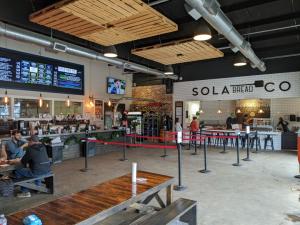
Texas Monthly recently ran an article featuring the Mosaic District in Tyler. The District is beautifully designed and a great place to hang out, with the kind of outdoor space that is far more common in Texas and the South than in the Northeast (presumably for both climatic and real estate cost reasons). There’s an outdoor performance space with picnic tables, a dog park, and a play area for kids complete with water features. The centerpiece of the district is True Vine Brewing Company, which shares space with Sola Bread Co. One building over is Likewise Coffee. None of the names are accidental. True Vine sometimes hosts Beer & Hymn nights.
In Longview, our best coffee shop (Silver Grizzly Espresso) was founded by Christians who wanted to create a “third place” that would cultivate community. A fantastic local pizza and bread place called Crust & Crumb (host to our four-year-old’s recent birthday party), is run part-time by a local Baptist pastor and his family. My associate pastor’s family co-owns a winery named Enoch’s Stomp (because Enoch “walked faithfully with God” before God took him away [Gen. 5:24 NIV]).
As a Christian who loves good coffee shops, pizza places, breweries, and vineyards, I’ve loved exploring these places with my family. All of them invite visitors, as Enoch’s Stomp says on their website, to “taste and see that the Lord is good!” (Ps. 34:8). They affirm the goodness of creation and the importance of community.
Is the Bible Belt still the Bible Belt?
In other ways, East Texas fits a common Bible Belt mold. Our cup runneth over with churches (white, black, and Hispanic; Baptist, nondenominational, Church of Christ, and Pentecostal). Skeptics online like to joke that there is no way our population can support the number of chicken joints, coffee shops, and churches that dot the streetscape.
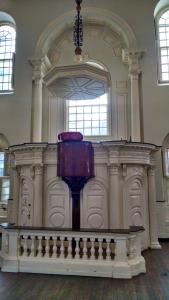
In Boston, Southern Baptist church plants tend to hide their denominational affiliation on a dark corner of their website or through officially endorsed euphemisms (Great Commission Baptists, Baptist Convention of New England, and Send Boston are all popular alternatives). In Longview, most of the frequent church-recommendation posts on our community Facebook group ask for either Southern Baptist or non-denominational congregations.
Yet speaking to colleagues in my Christian university and people who’ve done ministry here over the long haul, it’s pretty clear that a lot of the Christian commitment is pretty shallow. Certainly the country music establishment has long preached a message of God, country, beer, and sex, not normally in that order, which is surely just as popular as the orthodox Christian message in most of the Bible Belt.
As Ryan Burge has shown, some of the Christian commitment is as much political as it is religious. Non-Protestants and even non-Christians now claim the title of “evangelical,” which apparently is taken to mean by many survey respondents simply “religiously committed” and “politically conservative.” Gregg County is just as lopsidedly Republican as my former county, Middlesex County, Mass., was Democratic (Gregg went 67.72% for Trump in 2020, Middlesex 71% for Biden). The equation of “Republican” with “evangelical” has not been perceived as a negative for evangelical churches here.
Surely nothing like 85% of Christians actually attend church on the average Sunday. But based on Devin Pope’s fascinating study of religious attendance based on cellphone data, Gregg County does fall in the highest category of at least annual attendance among American counties (somewhere between 64% and 100% of people go to church at least once a year).
Yet on locally focused social media, the kind of amoral lapsed evangelical conservatism that Daniel K. Williams has described seems quite common: hyper-individualistic, unsympathetic to the plight of the vulnerable, and distrustful of our neighbors.
For a long time after the 2020 election, a group of enthusiasts regularly organized car parades flying “Let’s Go Brandon” flags (and sometimes the more explicit originals). The kind of crude, combative anti-elitism that fueled the Trump phenomenon isn’t generally endorsed by the churches, but it seems like it is sometimes treated with a wink and a nod. I’m pretty sure you’d find more than a few “LGB” or “FJB” stickers in church parking lots on a Sunday morning.
Progressives in the Piney Woods
Longview is home to a liberal minority as well, some of which finds its home in the more progressive churches. A handful of the mainline Protestant churches are openly LGBT-affirming; many are intentionally ambiguous, at least in their outward stance. But most of the liberal counterculture seems drawn more to Wicca, skepticism, or alternative spirituality than to Christianity.
There’s a gay bar and a Pride festival, and while most of the social service organizations are religious, one of the most prominent offers both LGBT support groups and explicitly “non-faith based” counseling.
The mayor, a member of First Baptist, nonetheless declared June to be Pride Month almost a decade ago. The decision seems to have caused minimal blowback. In replies to a recent social media post discussing his retirement, multiple commenters suggested he challenge our relatively moderate Republican state representative from the right (Mayor Mack doesn’t plan to run for anything ever again).
The religious future of East Texas will no doubt look very different from that of London, Boston, or Seattle. Perhaps the churches will maintain much of their influence, tied not only to a conservative political agenda but to a cultural conservatism that is common to black, Hispanic, and white East Texans. Or perhaps the dark vision of a conservatism stripped of all compassion will gradually win out. But Longview is certainly not the only apparently traditional city being subtly transformed in our postsecular age, and as much as I loved living in Boston, I’m excited to be here to witness the future unfold.


